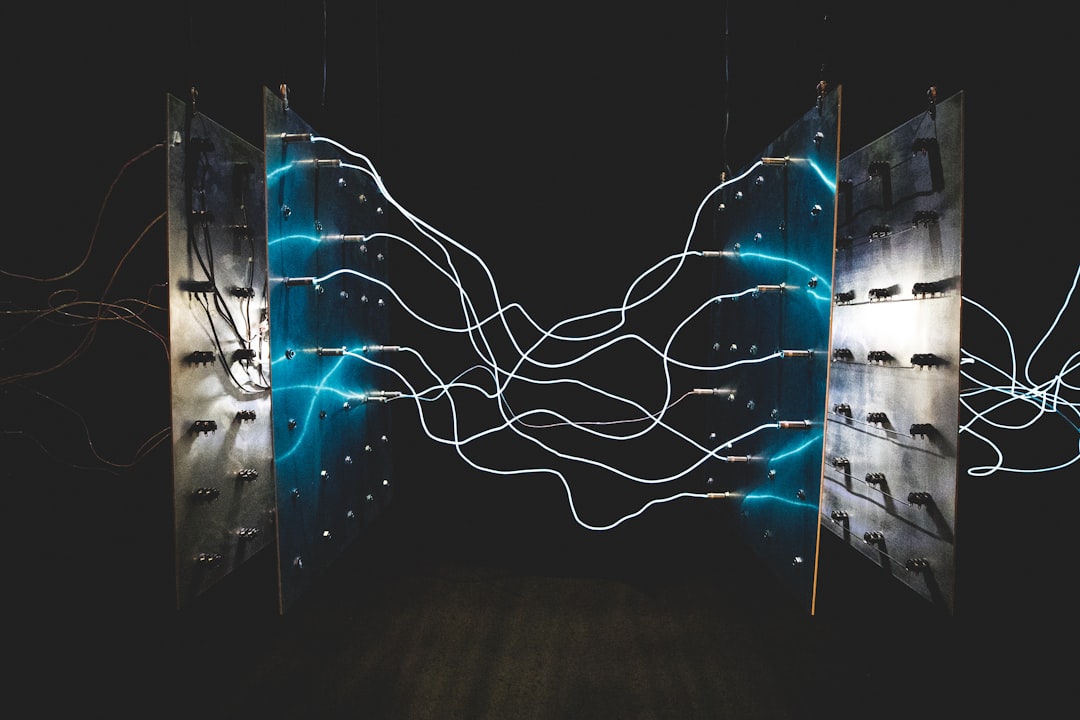What is it about?
Due to the bistability of strongly shape anisotropic single domain nanomagnets, there are proposals to build devices such as magnetic quantum cellular automata (MQCA) using such nanomagnets. They are also used in fundamental studies of frustrated designer materials such as artificial spin ice. All of these potential applications depend on how the magnetization in a single domain nanomagnet reverses in a dipolarly coupled environment. In this work, we have reported evidences of complex reversal behavior of nanomagnets coupled by dipolar intetractions.
Featured Image

Photo by Patrick Schöpflin on Unsplash
Why is it important?
By performing very high-sensitive measurements of magnetic stray fields of single-domain nanomagnets, we show that the magnetization reversal (switching) may not occur in a straight-forward bistable way in a dipolar coupled environment. Confirmed by micromagnetic simulations, we conclude that the switchings are influenced by the interparticle interactions and may not be very sharp as expected for individual single domain nanomagnets. These findings will have implications in practical applications such as in MQCA where the information processing depends on the magnetization switchings. Also, our results will be important for other fundamental studies involving switching of nanomagnets within dipolar coupled environment.
Perspectives
This collaborative work is focused on extracting very detailed information related to the switchings of nanomagnets in dipolar coupled environment. Highly sensitive magnetic field sensor based on 2-dimensional electron gas was used to detect minute changes in the stray field emanating from the nanomagnets providing important insights about their switching behavior. We expect that the information presented in the paper will be very useful where controlled magnetic states of nanomagnets coupled via dipolar interactions are to be achieved.
Pintu Das
Indian Institute of Technology Delhi
Read the Original
This page is a summary of: Complex switching behavior of magnetostatically coupled single-domain nanomagnets probed by micro-Hall magnetometry, Applied Physics Letters, March 2020, American Institute of Physics,
DOI: 10.1063/1.5144841.
You can read the full text:
Contributors
The following have contributed to this page










